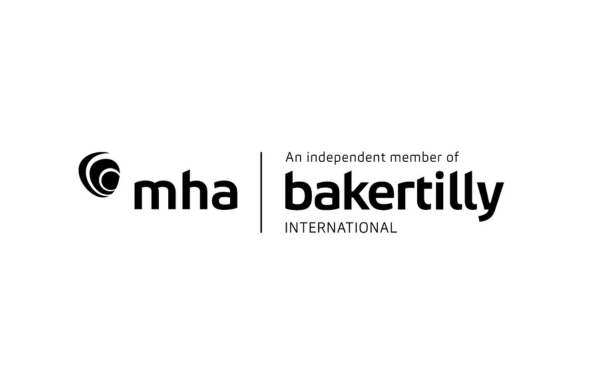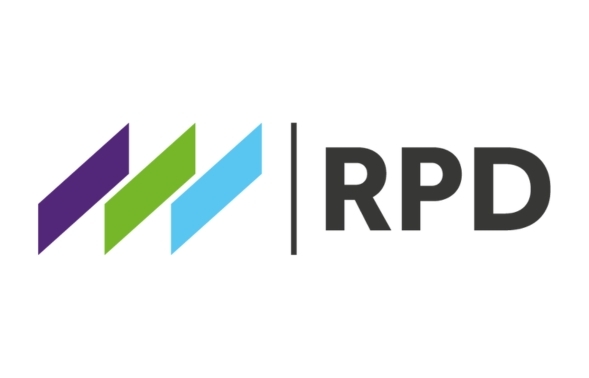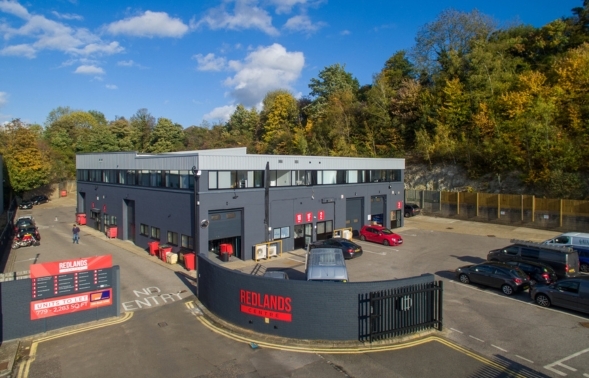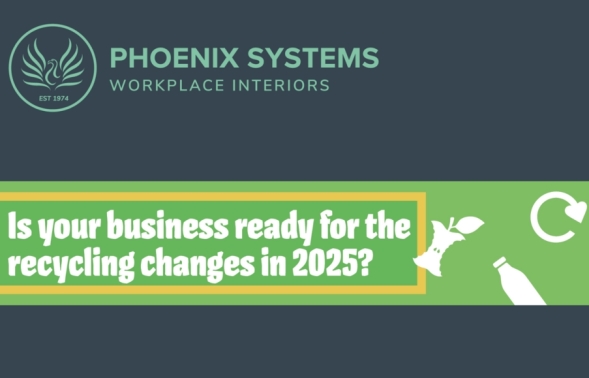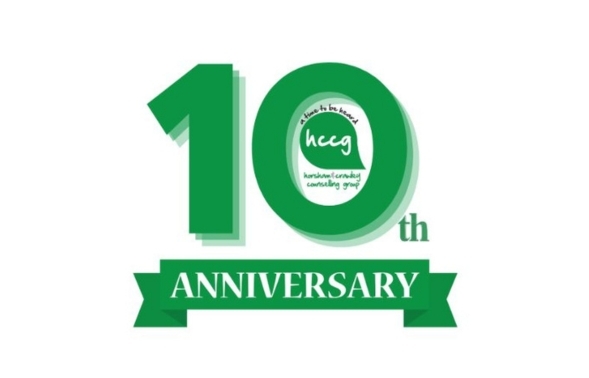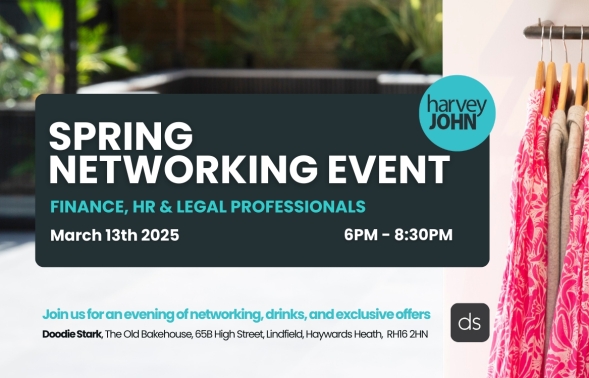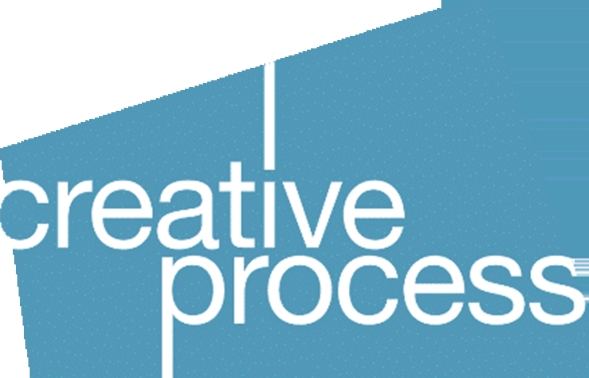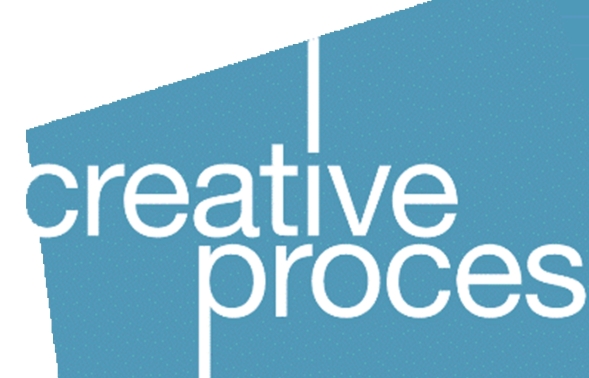It's an upsetting fact that sexual harassment at work is commonplace. Last year the TUC published a Report, "Still just a bit of banter?" and found over half of women had experienced some form of sexual harassment. Very high-profile cases have dominated the media in recent weeks and have highlighted how the actions of organisations that surround a perpetrator can come under significant scrutiny.
Any organisation which employs people (no matter how small), has a duty of care to keep their employees safe and free from harassment. Under the 2010 Equalities Act, harassment can be found when the actions of an employee have the purpose or the effect of violating an employee's dignity or creating an intimidating, hostile, degrading, humiliating or offensive environment. An employer is vicariously liable for acts of harassment committed by employees "in the course of employment" and this stands whether or not the acts were done with the employer's knowledge or approval.
Without the benefit of an in-house HR team or experience in handling difficult employee issues, how can SMEs make sure they do what they can to prevent sexual harassment from taking place and how can they be prepared to handle allegations if they arise?
Here are five interventions SMEs can make to protect employees from harassment and themselves from costly liabilities:
- Have a well-defined stance on Sexual Harassment. Your employee handbook should include either an Equal Opportunities statement, a Dignity at Work statement, or a Bullying and Harassment policy (or a mixture of these). It should unambiguously outline what is expected with regard to employee behaviour and how issues will be handled. The policy will need to reflect company values in this regard, but as a minimum it must require all employees to comply with the 2010 Equalities Act (and spell out the various elements of the Act).
- Regularly communicate with employees. While you will need to ensure that employees are aware of and understand their obligations, regular communication of the company position does not mean you need to trot out the policy each week with a stern and alarming reminder of consequences. It can be any number of workplace practices or communication methods which promote respectful behaviour, and which allow the right culture to grow.
- Take pre-emptive action when risks are higher. Company events or social gatherings where employees are mainly in attendance can be classed as being "in the course of employment" and so the actions of an employee after a few drinks and at a non-work location can still be the liability of the company. With the involvement of alcohol these events are undoubtedly open to many more risks of inappropriate behaviour. It's important to remind colleagues (even in a light-hearted way), that they are still employees and that expectations relating to behaviour still stand.
- Lead by example. As with all things in a work environment, the leader sets the tone. It's no good to have strong policies in place, if the actions of the person in charge are incongruous with them. Leaders should consider the language they use, banter that they take part in and reflect on things they might do differently. Certainly, it's important to call out bad behaviour if you observe it.
- Call on help to get it right. It also goes without saying that companies must deal with any arising allegations with sensitivity, in line with procedures, and with commensurate disciplinary action if allegations are upheld. For SMEs this can be exceptionally difficult to navigate and often the right next step is to seek the support of an HR expert to take them through the process.
With the backdrop of recent scandals, and as victims of harassment gain confidence to speak up about their experiences, we will likely see a rise in the number of sexual harassment claims in the work place and more of a move towards a zero-tolerance response; But, if employers can create the right climate at work which prioritises respect and has clear boundaries and clear consequences, then the amount of sexual harassment experiences employees are faced with should ultimately fall.
If you'd like some help to develop appropriate policies, statements or work place practices please get in touch with Emma at Perfect Vision HR. Contact us on 07966 033316 or emma@perfectvisionhr.com
Perfect Vision HR provides clear, practical and invaluable HR consultancy, advice and partnership to SMEs.
